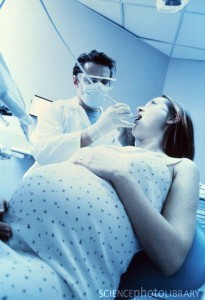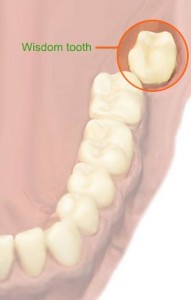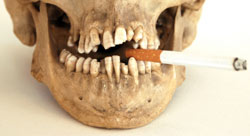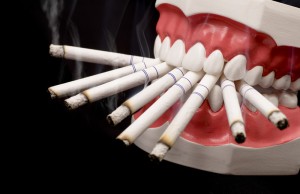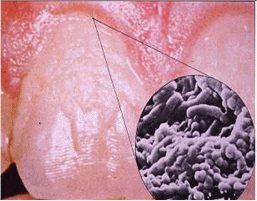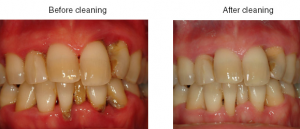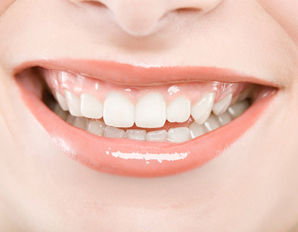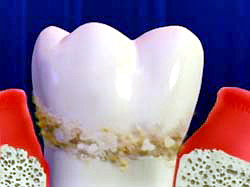Continued from Part 1
Dental treatment is best carried out during the second trimester, but advanced restorative procedures are probably best postponed until the state of the gums improves after giving birth and prolonged sessions of treatment are better tolerated. In the second and third trimesters the fetus is growing and maturing but can still be affected by infections, drugs and possibly other factors. In the third trimester the supine hypotension syndrome may result if the pregnant woman is laid flat. The person should therefore be put on one side to allow blood return to recover. Some pregnant women also have a hypersensitive gag reflex. Elective dental care should be avoided in the last month of pregnancy, as it is uncomfortable for the patient. Moreover premature labor or even abortion may also be attributed, without justification, to dental treatment. Continue reading
